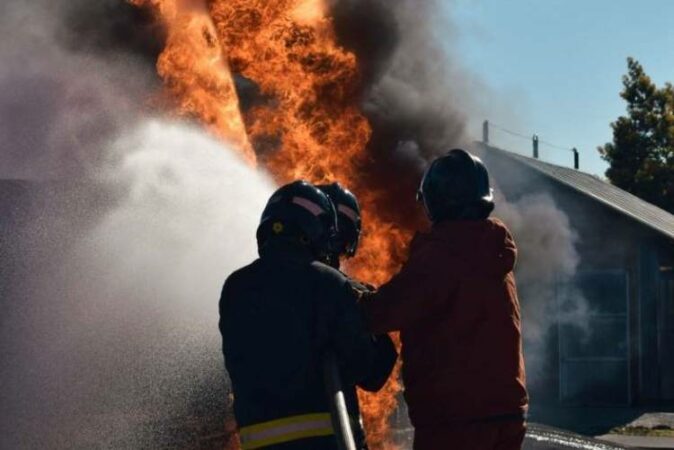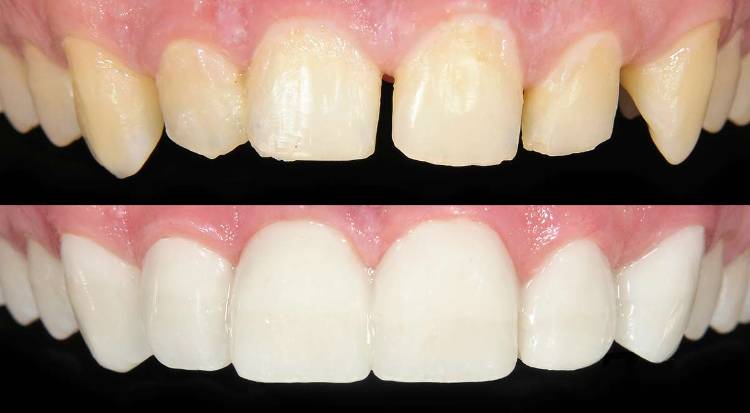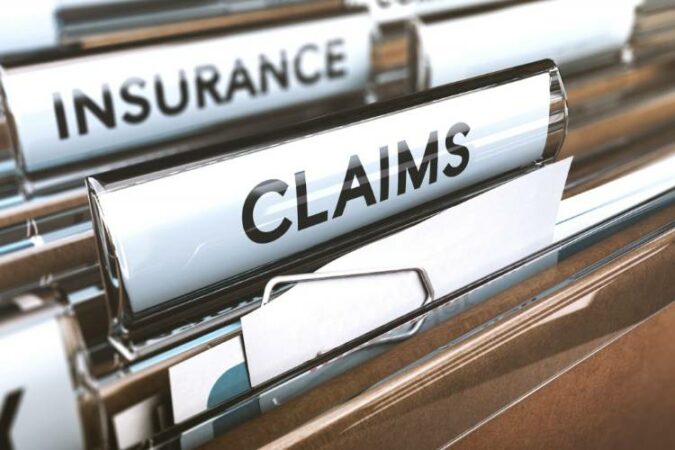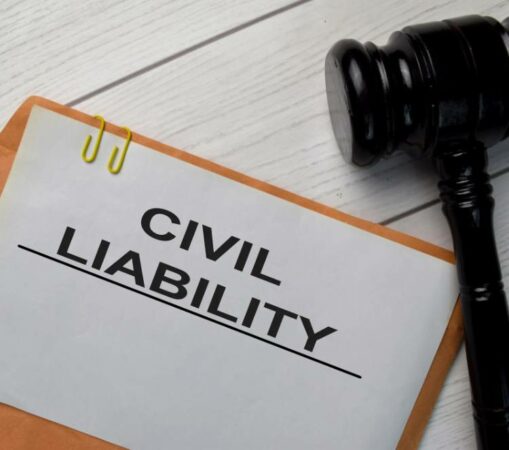
Your insurance company denies your fire claim may be the last thing you want to hear after a disaster. Whether it is your home or office building, there are several reasons insurance companies deny fire claims ranging from suspected fraud to insufficient coverage.
No matter the reasons you accept from the insurer, it is worth noting that insurance companies are oriented to profit and they will try hard to find an excuse to deny a claim. But still, you always have the right to fight back and get what you have paid for years.
10 Reasons Your Fire Claims Are Denied
Getting to know a variety of reasons why insurance companies deny or underpay your claim is important to arm yourself in case you experience this unfortunate event. Take a closer look at the potential reasons below.
1. Suspected Arson
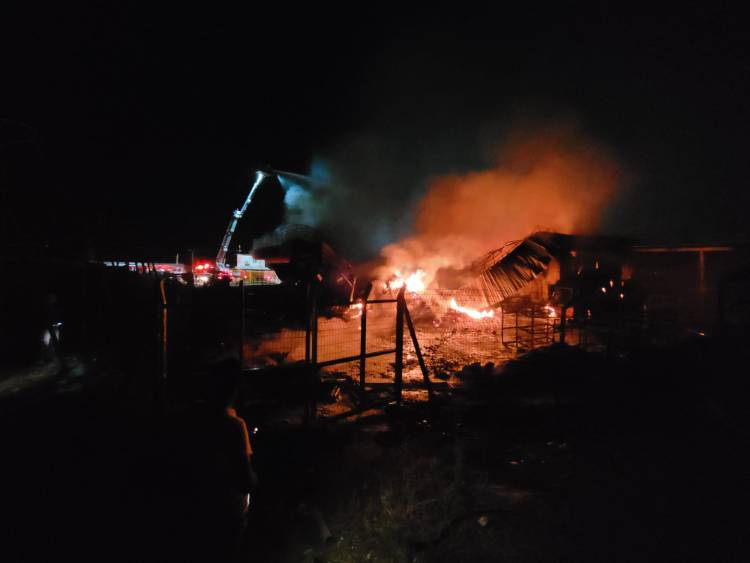
Some fraudulent people set their buildings on fire intentionally for insurance money. But when an insurance company suspects arson through existing evidence, they will likely deny the fire claim and you will end up receiving nothing from them.
Once a claim is filed, insurance companies will conduct an investigation to figure out the cause of the fire. When they find evidence of arsonist or proven fraudulent claims, your claim will be rejected. But if you know nothing about the fire, be sure to provide credible evidence that you are not fraudulent.
2. Misrepresentation of Crucial Information

One of the most common reasons insurance companies deny fire claims is dishonesty. Some claimants retain crucial information from their insurer, such as the property claimed or the source of the fire. You may fear the company blames you but withholding such information is not suggested.
Insurance companies try their best not to give you money and they will perform a deep investigation to find the details of the fire. Once they learn the truth, they are likely to deny your claim.
3. Failed to File on Time

Failing to file the claim on time is another common reason insurance companies reject your claims. Most fire insurance policies require you to notify the insurer soon after the fire damage and this time-sensitive requirement must be strictly followed, otherwise, your claim will be denied.
4. Difference in Valuation

Try to inflate your fire insurance claim and it will become a strong reason for the insurance company to deny your request. Insurance companies do not want to pay more than your damage is actually worth. Thus, they will investigate and assess the valuation of your damage.
When your claim is higher than the insurance company’s appraisal and you have been proven to inflate the insurance claim, your request is unlikely to be accepted.
Most insurers give a low first offer which potentially shortchanges the claimants. If you are sure enough the damage is worth much more, try to get it with evidence like the cost of building construction and maintenance cost.
5. Insufficient Coverage
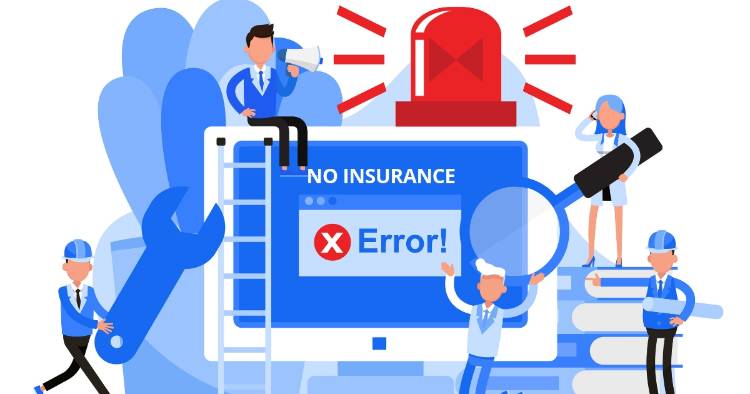
Insufficient coverage is among the reasons insurance companies deny fire claims. Fire insurance may cover specific types of fire and if the fire that razed down your building is not covered, the insurer is more likely to deny your claim.
For instance, your insurance only covers damages resulting from flames. If you find further damages caused by the smoke, the insurance company will not pay for it. Or if the fire resulted from war or riot, the provider will deny the claim.
6. Lack of Proof
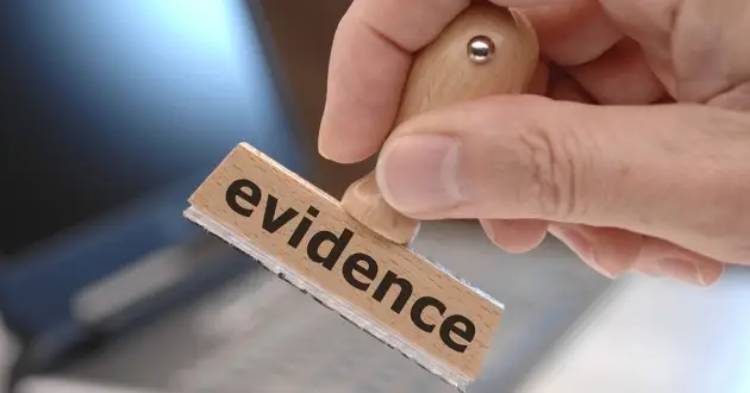
You can claim fire damages only if you can prove that the item is yours. It also becomes crucial to know the value of the items and prove it. Sufficient proof is required to help the insurance company process your claims, otherwise, it will be denied.
Most insurance companies reject claim requests filed without verifiable proof. To avoid such rejection, make sure you have strong and credible evidence that the property belongs to you.
7. Poor Building Design
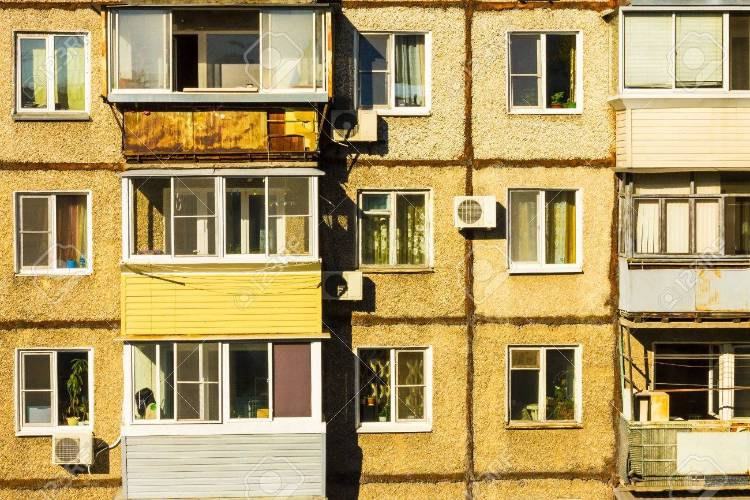
Fire is sometimes caused by poor construction design of the building. When insurance companies assess that a fire is triggered because of poor craftsmanship, your request will be rejected. It is considered your error and insurance companies are not responsible for that.
The other reasons insurance companies deny fire claims are that you constructed the building with recalled materials. When a material is recalled due to its poor performance or inability to protect from fire, you are not supposed to use it in your building. This is why the insurer will deny your claim.
8. Unapproved Building Works
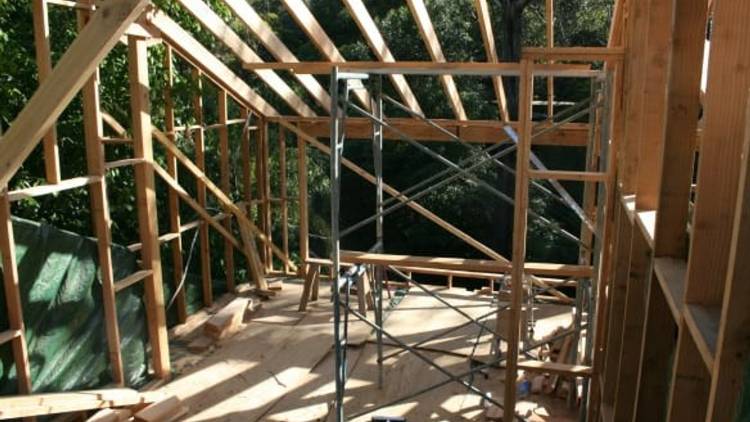
If a fire comes from unpermitted works on your building, your chance of getting the claim approved is next to zero. Insurance companies consider it as an error and it does not pay for your mistake. Every work in your building must be handled by trained and licensed professionals so you can get the claim.
9. Safety Negligence

Safety measures are a must in any building, such as an office, shopping mall, and even your house. When your insurance companies find out that your building lacks safety measures, they will immediately cancel your claim. To avoid this, make sure your fire equipment is in good shape.
Basic fire equipment you should have on the building may include but is not limited to fire extinguishers and sprinklers.
10. Illegal Activities

Your fire claim will be denied if the insurance company finds illegal activities on your property. Any activity violating the law is considered illegal, such as hard drug production, illegal manufacturing, human trafficking, or alcohol production.
Soon after your insurer figures out where the fire comes from, such as misconduct of drunk individuals or drug machine failure, there is no way the claim is accepted.
There are many other reasons insurance companies reject your requests like unpaid policy premiums, expired policy, or lower cost of damage. Underinsuring your property is also considered an issue for the company.
Do not give the insurer a strong reason to deny your claims. Always remember that insurance companies are profit oriented and they are not interested to benefit you. Now that you know reasons insurance companies deny fire claims, you can make sure not to make these mistakes.
Also Read:
- How to Negotiate Roof Replacement with Insurance
- Does Homeowners Insurance Cover Slab Leaks?
- Hail Damage Insurance Claim Time Limit: Know Your Rights
